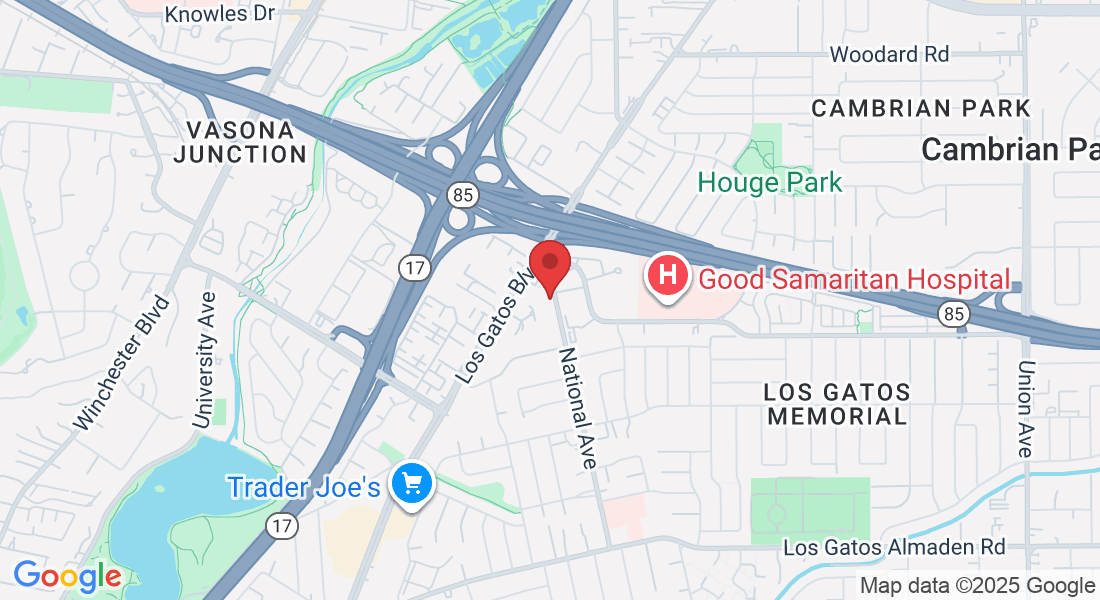Frequently Asked Questions
What is minimally invasive gastrectomy for cancer?
Minimally invasive colectomy is a surgical procedure used to remove part of the colon (large intestine) for conditions such as colon cancer or diverticulitis. It is performed using small incisions and specialized instruments, allowing for a quicker recovery and less post-operative pain compared to traditional open surgery.
What is D2 lymphadenectomy?
D2 lymphadenectomy is a surgical technique used during gastrectomy for gastric cancer, where the surgeon removes the lymph nodes around the stomach in the second-tier nodal stations (D2 lymph nodes). This comprehensive lymph node dissection helps ensure the removal of cancerous tissue and reduces the risk of cancer recurrence*.
What are the benefits of D2 lymphadenectomy?
D2 lymphadenectomy has been shown to improve long-term survival rates and reduce the risk of cancer recurrence compared to less extensive lymph node dissections*. By removing a larger number of lymph nodes, D2 lymphadenectomy allows for more accurate staging of the cancer and better assessment of the patient's prognosis.
After the stomach is removed, how will I eat?
If a total gastrectomy is required to remove the cancer, the esophagus will be directly connected to the small bowel. This is called a Roux en-y reconstruction. It is similar to gastric bypass surgeries performed for weight loss, but it differs in that there is no small pouch of stomach remaining. Your surgeon can explain in more detail what surgery is necessary at your visit.
What is Pfannenstiel specimen extraction?
Pfannenstiel specimen extraction is a technique used during minimally invasive gastrectomy for cancer, where the surgical specimen (the portion of the stomach containing the cancer) is removed through a small incision in the lower abdomen, typically made within the Pfannenstiel incision. This approach minimizes the size of the incisions and reduces post-operative pain and scarring.
What are the benefits of Pfannenstiel specimen extraction?
Pfannenstiel specimen extraction offers several potential benefits, including reduced post-operative pain, faster recovery, and improved cosmetic outcomes compared to traditional methods of specimen extraction. By removing the specimen through a smaller incision, Pfannenstiel extraction helps minimize trauma to the abdominal wall and surrounding tissues. Studies are limited specifically relating to gastrectomy, but many other types of surgery show the benefits of using a Pfannenstiel incision*.
Is minimally invasive gastrectomy suitable for all patients with gastric cancer?
Minimally invasive gastrectomy is possible for any patient healthy enough to undergo general anesthesia for a prolonged period of time. If there is metastatic disease or the tumor invades nearby structures, there is no survival benefit to performing the surgery. In some cases where patients have a history of extensive previous surgery, it may be necessary to do the surgery in an open fashion.
What are the benefits of having my surgery with NorCal Surgery?
We are able to perform minimally invasive D2 lymphadenectomy gastrectomies, meaning a faster recovery time without sacrificing high quality cancer operations. Many patients go home in two days. The other advantage of our practice is our tightly knit relationship with nutritionists, cardiologists, and Medical oncologists to make sure that you are receiving the best possible treatment and being as healthy as possible for surgery. Please book an appointment with us today to learn more!

